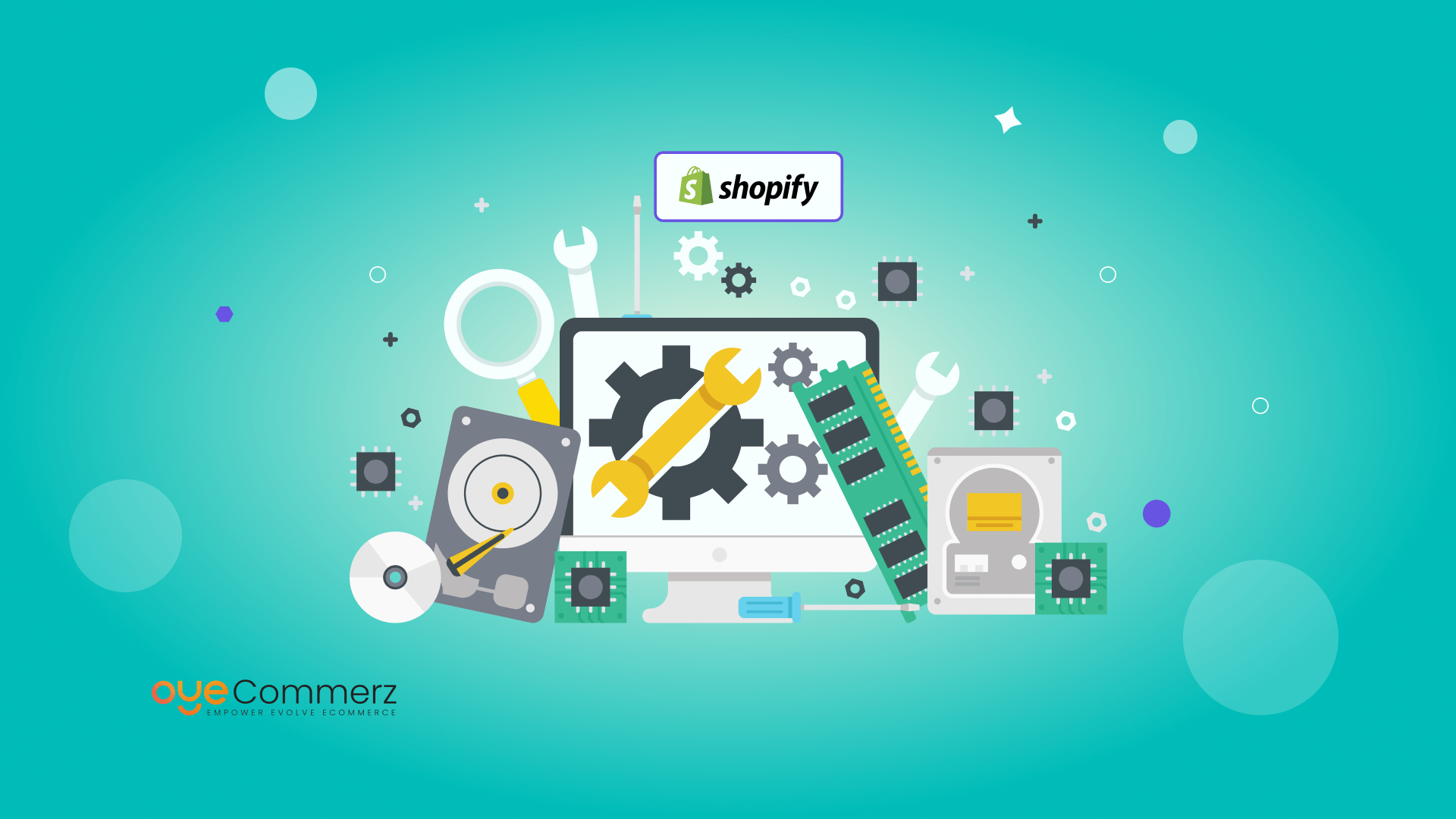Overview
In the current competitive e-commerce environment, differentiating is paramount, and a top method to differentiate a Shopify store is through tailored app development. A robust Shopify app can enhance store functionality, simplify processes, and boost customer interaction. This article explores essential aspects of Shopify app development, covering API integration and app ecosystem to scaling strategies and promotion methods, offering a roadmap for businesses looking for superior store performance.
Why Shopify API Integration Matters
Shopify’s API provides powerful tools to personalize and extend store capabilities. With the GraphQL and REST API options, developers can access data to build applications that manage inventory management, order handling, and customer data management smoothly. Using Shopify’s API can lead to better workflow automation and enables stores to assist shoppers more effectively.
Utilizing the Polaris Design System
Polaris is Shopify's set of design guidelines for designing user-friendly and easy-to-use Shopify apps. By adhering to Polaris guidelines, developers guarantee that apps seamlessly integrate within the Shopify Admin experience. This provides a cohesive appearance that resonates with Shopify merchants, promoting usability and comfort for merchants utilizing your tailored app.
Navigating the Shopify App Ecosystem
The Shopify app ecosystem offers endless possibilities for improving online stores. From managing fulfillment processes to increasing customer interaction, apps in this ecosystem are tailored to meet diverse business requirements. Familiarizing with this ecosystem helps developers in identifying unique app ideas and allows for smooth connections of third-party services that enhance the store.
Developing Embedded Shopify Apps
Embedded apps work seamlessly within the Shopify Admin, allowing a seamless experience for Shopify store success tips merchants. They allow merchants don’t have to navigate away from their Shopify dashboard, streamlining their workflow. Employing Shopify App Bridge and embedded app capabilities is recommended for providing a cohesive, integrated user experience.
Using Node.js and React for Shopify Apps
The technologies Node.js and React have emerged as ideal tools for Shopify app development. Node.js enables efficient back-end services, while React enables interactive and adaptive front-end user interfaces. Together, they provide an strong platform for creating speedy, growth-ready Shopify apps that improve store functionality and customer engagement.
Webhooks in Shopify Apps
Webhooks allow real-time data synchronization between Shopify and an external app. They initiate events such as new orders or inventory updates and send instant alerts to your app. By utilizing webhooks, apps can deliver real-time insights for store owners, simplifying processes and increasing efficiency.
Customer Engagement and Digital Marketing for Shopify Apps
To make a Shopify app successful, connecting with users is crucial. Using online marketing techniques like SEO, email marketing, and social outreach can drive app adoption. Additionally, designing apps with customer engagement in mind (e.g., loyalty programs or Shopify’s embedded app experience personalized suggestions) increases user retention and satisfaction.
Making Your Shopify App Scalable
As e-commerce stores expand, so do their technological needs. Ensuring that your app can scale to handle increased traffic, larger data sets, and more complex functionalities is essential. By improving server capacity and implementing scalable solutions, you can develop apps that grow in parallel to a store’s success.
Essential Features and Maintenance for Shopify Apps
For an app to be effective, it should offer key capabilities like user login, dashboard analytics, and customer support options. Regular app maintenance, including updates to fix bugs and compatibility checks with new Shopify features, is vital to ensure continuous operation and prevent disruptions to merchant workflows.
Conclusion
Custom Shopify app development holds vast potential for e-commerce businesses, providing the ability to enhance performance, simplify operations, and foster customer loyalty. With API integrations and Node.js to focusing on scalability and customer engagement, building a Shopify app requires thoughtful preparation and strategic execution. If you’re ready to elevate your e-commerce experience, a tailored Shopify application could be the perfect solution. What capabilities do you envision for your ideal app? Share your ideas and begin the journey to an enhanced e-commerce experience!
